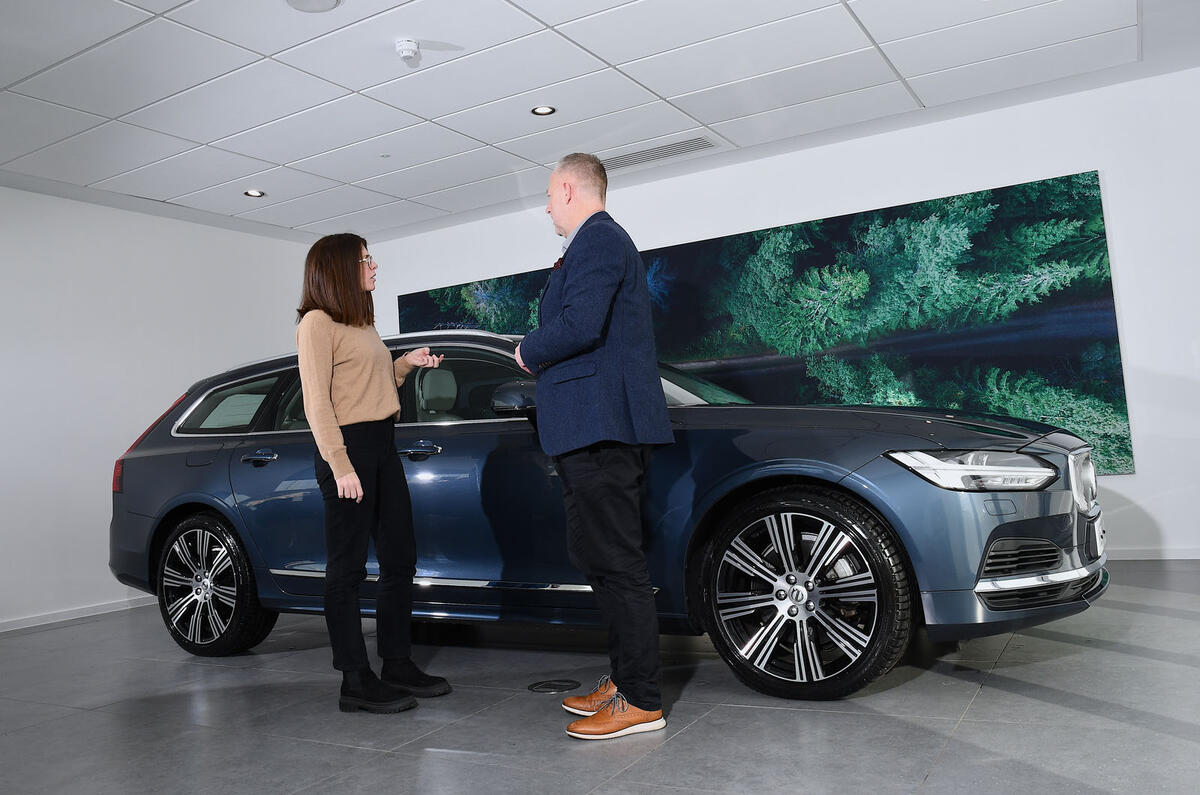Car makers haven't given up on the dream of selling cars direct to customers, even as the number actually doing so has dwindled to just four.
Currently Mercedes-Benz, Volvo and Mini are the only car makers of any scale in the UK using the so-called agency model of selling directly to customers via their network of dealers, who get paid a flat fee per sales as the car maker’s agent (hence the name). Tesla also sells directly but owns its dealer network.




Add your comment